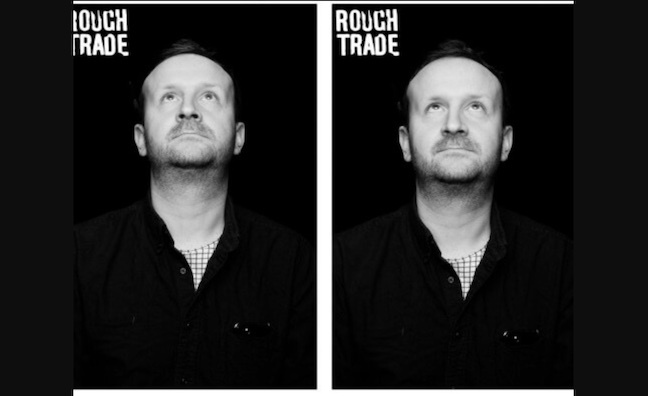Preserving mental health can prove challenging in the music industry, with artists up to three times more likely to suffer from depression and other mental struggles, particularly indie performers.
A study found that 73% of independent musicians have experienced mental illness. But why is this the case? And what can artists and the industry alike do to change this?
Here, Lawrence Montgomery, MD at Rough Trade, shares insights on protecting the mental health of musicians including five steps to make improvements…
Why is mental health a problem in the music industry?
The music sector comes with its own set of unique pressures that can become a source of poor mental health in smaller artists.
Financial strain is one of the most significant stressors that can contribute to poor mental health, and it’s hardly surprising, with a recent reportrevealing that nearly half of the UK’s working musicians earn less than £14,000 per year from a full-time music career and 17% of artists reportedly in debt.
This requires many to find additional sources of income, often in the form of a second job, which results in long working days that can ultimately lead to physical and emotional exhaustion.
Pressure is also added to by the unpredictable nature of the industry, as a lack of job stability can weigh heavily on the minds of independent musicians looking for long-term success in music.
A lack of job stability can weigh heavily on the minds of independent musicians looking for long-term success in music
Lawrence Montgomery
Additionally, constant performing and touring can take its toll on emotional wellbeing, as inconsistent sleep, poor diet, and extensive time away from home can collectively damage mental health.
Collectively, these problems can result in declining mental health among artists and is likely a pivotal reason why as many as 64% of musicians consider quitting the industry.
What can the industry do to change this?
Globally, more needs to be done to solve these problems and reduce poor mental health rates in the music sector.
Labels, executives, managers, and agents should proactively work with health organisations to better understand the factors influencing musician’s mental health and the best ways to support them.
For example, Rough Trade is working with CALM to promote awareness of mental health struggles and break the stigma surrounding them.
Access to mental health services and platforms that provide counselling services can help artists feel supported.
Artists should also be provided with more autonomy over their contracts and finance negotiations, as independent musicians – who make up 40% of the music industry – often have little say, which can leave them without adequate income.
How can artists prioritise and protect their mental health?
Although more must be done in the industry to protect the mental wellbeing of artists, musicians must also take steps to prepare for and overcome unavoidable stresses.
Here are some ways that artists can protect their emotional wellbeing…
1 Establish a support system
Musicians should lean on friends and family who understand the industry’s challenges and lean on them for emotional support.
Connect with fellow music industry professionals by joining local or online communities where they can share experiences with like-minded individuals.
2 Set realistic goals and manage expectations
Set clear and realistic short and long-term goals to reduce feelings of failure from aiming for unrealistic targets.
It’s also important to celebrate small wins to boost positivity and mental health and recognise that success can take time in the music industry.
3 Take time to rest
Establishing a routine is key. Structuring time to include dedicated work and rest hours is a great way to minimise stress and create a work-life balance.
Enough sleep, a balanced diet, regular exercise, and setting strict boundaries will help maintain a healthy mindset and prevent burnout.
4 Don’t compare yourself to others
In a digital age, it’s easy to compare yourself to others on social media. But remember, not everything online is true or realistic, and excessive comparison can be hugely detrimental to mental health.
Limit time on social media and focus on yourself and your own goals.
5 Be kind to yourself
Music is one of the toughest careers to pursue and it can be easy to forget your successes in the face of failure.
Remember that success takes time to build and requires a huge amount of time, effort, and sacrifice to achieve. Setbacks and rejections are part of the process.












